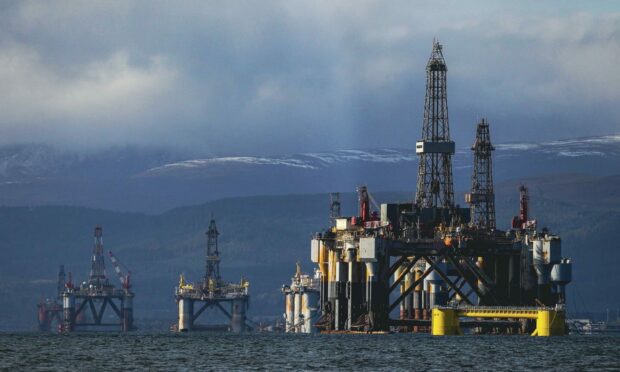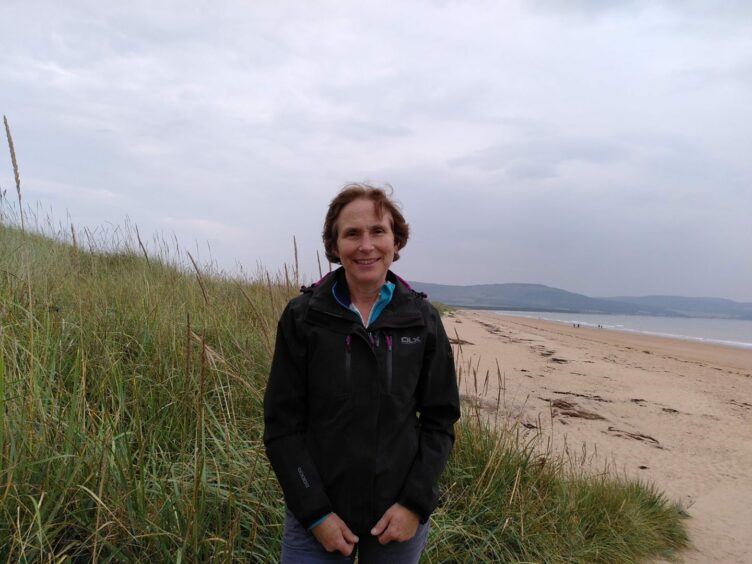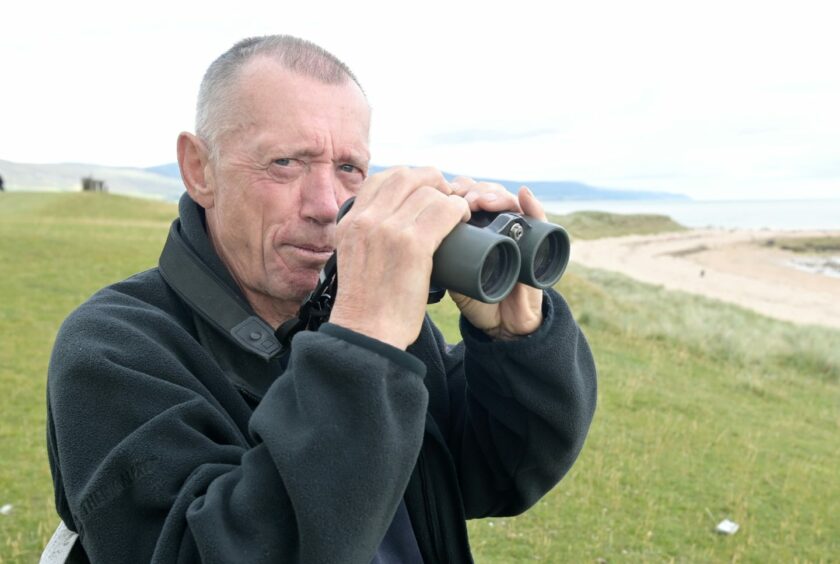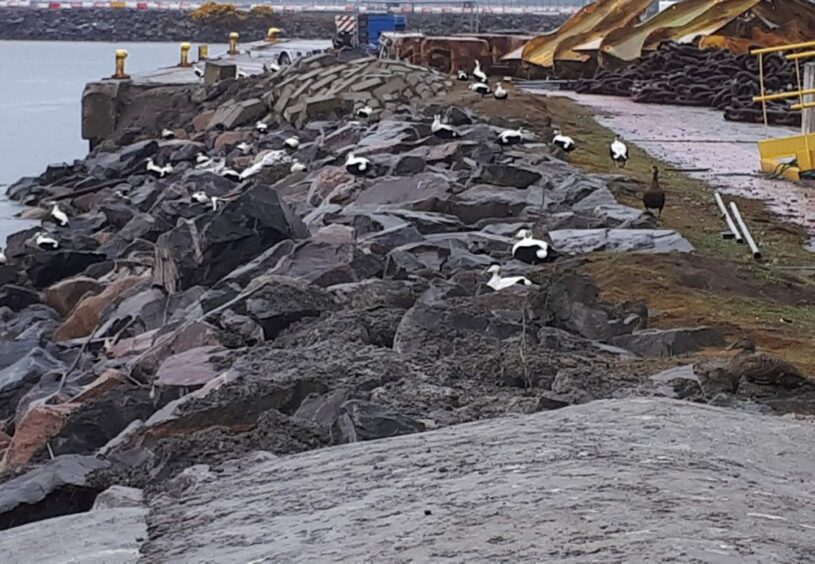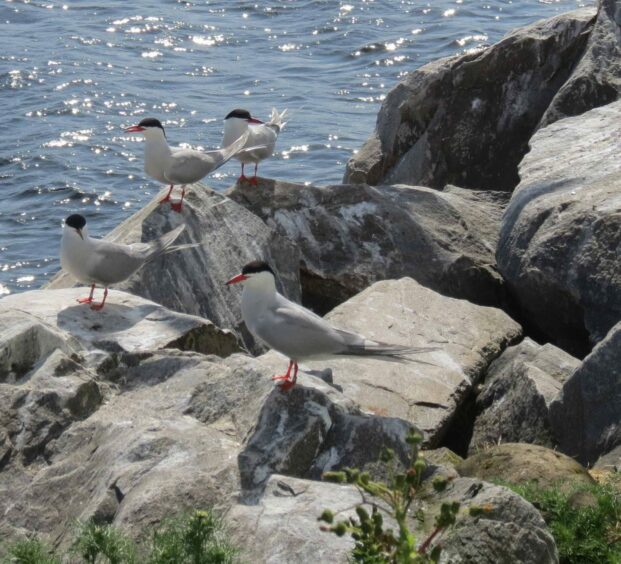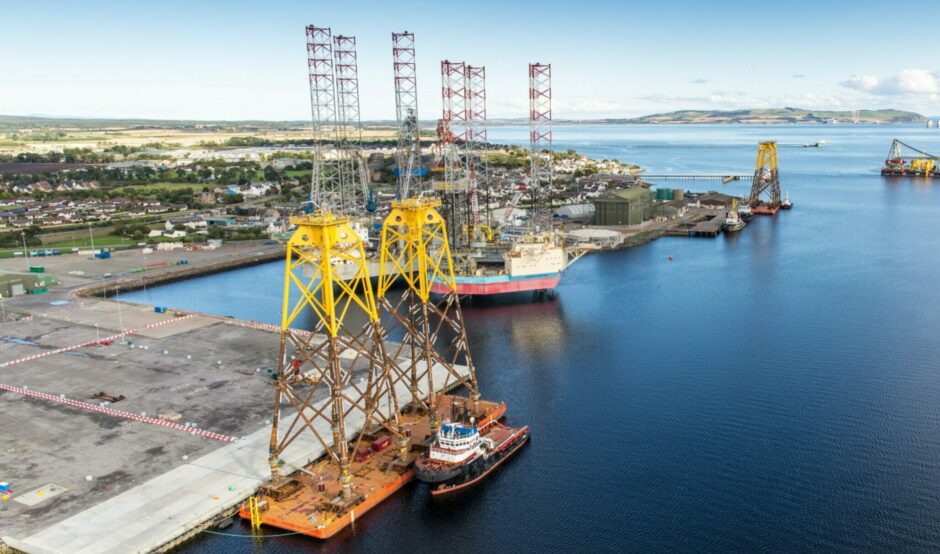Concerns have been raised the new freeport in Cromarty Firth would come at a cost to the environment.
The newly-announced freeport status for the Port of Cromarty Firth and Port of Inverness in the Highlands is expected to create hundreds of jobs through investment from energy industry companies and offshore wind.
But there are fears it may also come with a cost to the environment.
Greens finance spokesman Ross Greer MSP said the status risked causing “significant damage to the environment”.
“There is nothing green about so-called green freeports,” he added.
“They offer big tax breaks to businesses while driving down terms and conditions for workers and risking significant damage to the environment.
“Under the deal struck for Scottish freeports there are no hard requirements for the companies to meet climate targets or implement fair work practices.”
Dredging fears at Cromarty Firth Freeport
Black Isle resident Anne Thomas, who works for Friends of the Earth Scotland, spends a lot of time on the coastline.
She is worried the seabed floor will be dredged as happened at another similar development.
The claims were denied by the port operator, but dredging is blamed for a mass die-off of crabs around a freeport development in Teesside.
Anne said: “I’m particularly concerned that if the Cromarty Firth site expands then they could well start dredging again and disturb the seabed.
“The wildlife is already affected by the amount of activity on the Cromarty Firth and the concern is that any increase in activity is going to disturb them more.”
‘Bird life must continue to thrive at Cromarty Firth’
Tain resident Bob Swann hopes for the sake of seabirds mud flats will not be claimed for development.
However, the retired Tain Academy geography teacher who monitors the colonies, said current development does not seem to bother the birds.
On the contrary, they appear to be taking advantage of it.
Bob said: “It’s interesting to note that some of the best breeding sites are now actually within the industrial areas of the Cromarty Firth.
“For instance, virtually all the terns and eider ducks that nest in the outer part of the Cromarty Firth nest at the port or in at the Global Energy site.”
Bob said birds flocked there because it was fenced-in keeping them safe from disturbance and foxes.
He added: “We would hope, if this trend continues, all of the industrial areas will look after the birds and not see them as a nuisance.”
The RSPB said: “Green Freeports must be truly green and involve no weakening or removal of wildlife protections.
“The Cromarty Firth is particularly important for a number of species, such as osprey, breeding terns and wintering waders and wildfowl, so we will be watching carefully.”
‘No changes for the foreseeable’
The Opportunity Cromarty Firth consortium that led the bid for green freeport status said that with help from the RSPB it was trying to make things even better for the birds.
In response to dredging concerns, a spokesman said in the the “short-term” the plan was to continue with routine maintenance.
He added: “If there was anything required longer-term it would be done under licence from Marine Scotland which would take account of environmental aspects.”
More reading:
Thousands of jobs promised for Highlands as Cromarty Firth bid confirmed as low-tax ‘freeport’
